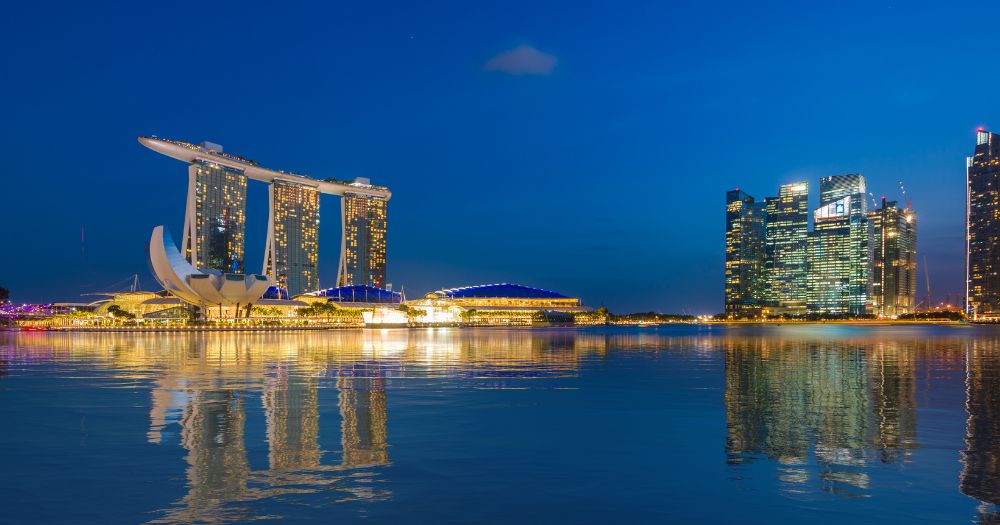Following the China embassy in Singapore's warning to Chinese citizens in Singapore not to gamble overseas on Mar. 18, the Singapore Tourism Board (STB) said in a statement that it is aware of the embassy's circular and respects its concerns.
Singapore has diverse range of tourism offerings: STB
"Singapore is a trusted and vibrant destination for both leisure and business," said Andrew Phua, executive director of International Group, Greater China, STB, in response to Mothership's queries.
He explained that Chinese travellers visit Singapore for many reasons.
"In addition to Singapore’s reputation as a family-friendly, bilingual, and safe destination, our diverse range of tourism offerings, including our slew of wide-ranging attractions and a robust events calendar, makes Singapore an attractive destination choice to Chinese visitors."
30-day mutual visa exemption
Phua said that the 30-day mutual visa exemption with China will also continue to increase Singapore’s attractiveness as a tourist destination for Chinese visitors, adding that it will boost visitor arrivals and spending in Singapore across the tourism sector and related industries.
China was Singapore's top visitor source market in February 2024, with approximately 327,000 people coming from China that month.
This figure represents 96 per cent of figures in 2019, Phua added.
STB also aims to offer Chinese visitors the opportunity to "discover more hidden gems" in Singapore "in an unexpected way" through branding and PR initiatives.
China's embassy circular
On Mar. 18, China's embassy in Singapore warned Chinese citizens not to gamble overseas.
In a post on the embassy's WeChat account, it "solemnly reminded" Chinese citizens that gambling is illegal in China and that amendments to China's criminal law have "officially criminalised cross-border gambling".
This is regardless of whether the overseas casinos in question are operating legally in their home countries, and those who engaged in cross-border gambling "will be held accountable according to the law".
China's embassies or consulates will not be able to provide consular protection for such "illegal activities".
The post also sternly warned that gamblers may be "burdened" with gambling debts, the loss of their families, as well as "fraud, money laundering, kidnapping, detention, trafficking, and smuggling".
Top photo from Canva
If you like what you read, follow us on Facebook, Instagram, Twitter and Telegram to get the latest updates.



